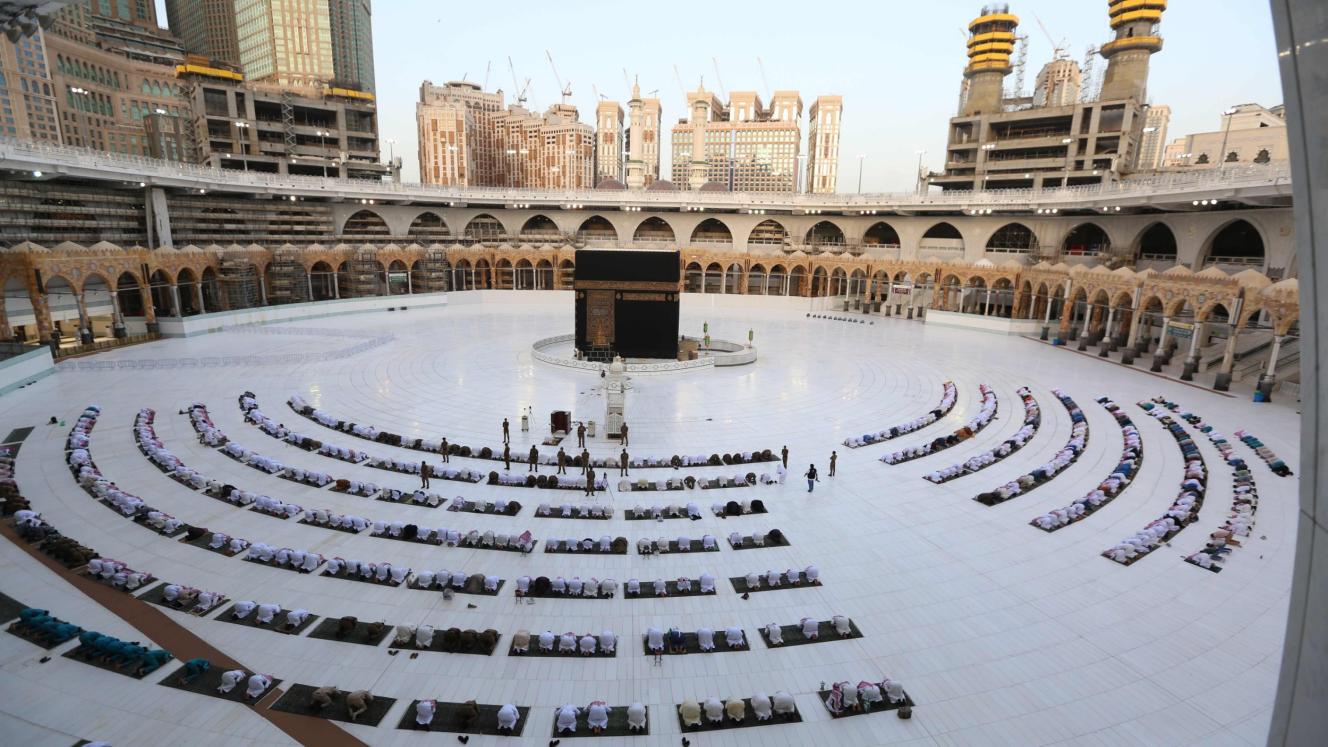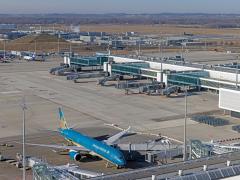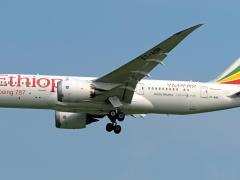The Royal Embassy of Saudi Arabia has confirmed that South African pilgrims will be able to access a Hajj OTA to book their 2026 pilgrimages in 2026, as part of its move away from local Hajj travel operators.
In a notice to the Department of International Relations and Cooperation (Dirco), the Embassy said South Africans would transition from using Nusuk Masaar – a booking tool for accredited Hajj and Umrah agents – to Nusuk Hajj, a direct platform that allows pilgrims to arrange their own Hajj travel and accommodation.
The move effectively sidelines the South African Hajj and Umrah Council (SAHUC), which had recently positioned itself as the country’s sole domestic operator and regulator for Hajj arrangements, which saw backlash from local operators. It also resulted in calls for greater financial transparency within the organisation.
Haseena Ismail, the Democratic Alliance Spokesperson on Tourism, has called on Dirco and the Chairperson of the Commission for the Promotion and Protection of the Rights of Cultural, Religious and Linguistic Communities, to probe SAHUC’s finances and the letters of mandate or recognition granted to SAHUC, to honour the directive of the Saudi Embassy.
In the interim, in line with the Embassy’s directive, SAHUC is expected to return all funds collected from pilgrims for Hajj 2026 as well as its assets.
“The previous system, which relied on SAHUC as the domestic intermediary, is now non-existent. SAHUC no longer has any role or function within the Hajj process under the new structure implemented by the Ministry of Hajj,” Irshad Malek, CEO of World of Travel, told Travel News.
A loss or new opportunity?
While the transition to Nusuk Hajj will see all contracts for Hajj services concluded directly between pilgrims and Saudi-based service providers, Malek said the transition still marked a welcome shift in how Hajj services were managed in South Africa.
“For our community, it signals a move towards greater transparency, accessibility, and a more direct relationship between pilgrims and Saudi-based service providers,” said Malek.
“While South African operators cannot yet register directly on the Nusuk platform as service providers, this change opens the door for future collaboration and inclusion. We continue to engage with Saudi authorities to ensure that South African service providers have a clear and fair pathway to participate once the platform begins onboarding international partners.”
Malek added that local operators were looking to collaborate with the platform to offer South African pilgrims the personalised itineraries that they were used to. Until then, travel operators will continue to serve by assisting pilgrims with pre-Hajj preparation, training, Nusuk registration, family linking, travel coordination and package guidance.
Many agencies have also started to expand their offerings into Umrah, leisure, and broader travel services.
“The way forward lies in adaptation, partnership, and collaboration. South African agents bring decades of trusted experience and an intimate understanding of our community’s needs. While the framework of Hajj facilitation will change, their role remains vital,” said Malek.













